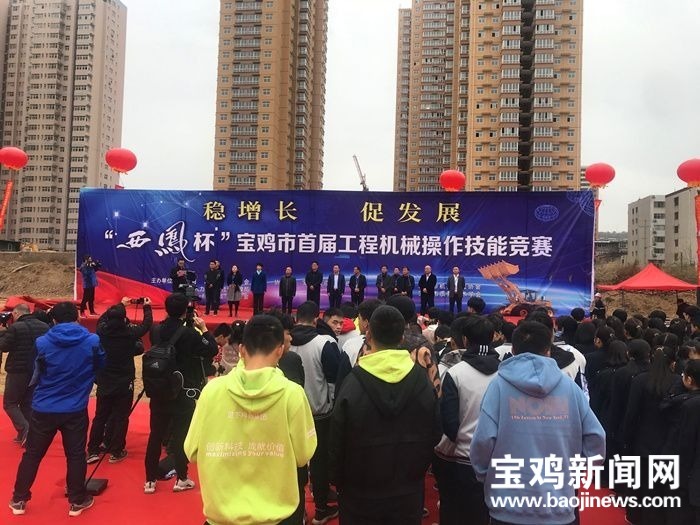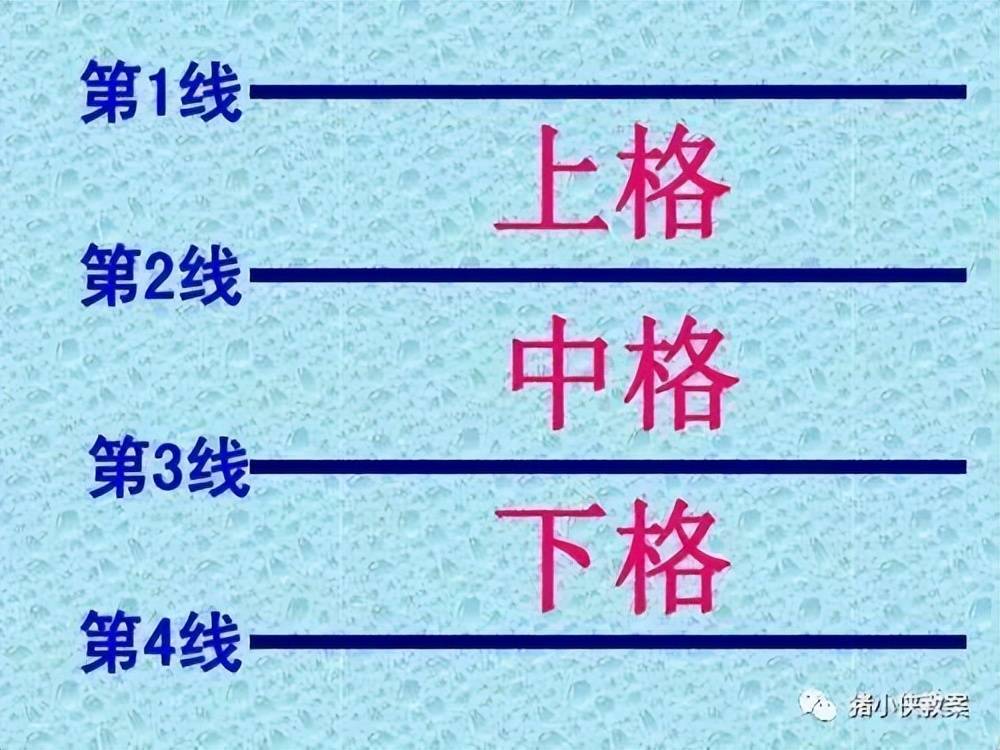(英文翻译)Technology and wealth inequality技术与财富不平等
Technology and wealth inequality
技术与财富不平等
BY Sam Altman 2014年1月29日
Sam Altman的背景简介: Sam Altman是一位知名的科技企业家和投资家,目前是开源人工智能研究所OpenAI的首席执行官。他曾是社交媒体网站Loopt的创始人和首席执行官,也是知名创业孵化器Y Combinator的前总裁。Sam Altman在科技创新、人工智能、风险投资等领域都有广泛的知识和经验,他的文章和演讲都受到了广泛的关注和赞誉。
Thanks to technology, people can create more wealth now than ever before, and in twenty years they’ll be able to create more wealth than they can today. Even though this leads to more total wealth, it skews it toward fewer people. This disparity has probably been growing since the beginning of technology, in the broadest sense of the word.
多亏了科技,人们现在可以创造比以往任何时候都多的财富,在20年后,他们将能够创造比今天更多的财富。尽管这会带来更多的总财富,但却会使财富向更少的人倾斜。从最广义的意义上讲,这种差距可能自科技诞生以来就一直在扩大。
Technology makes wealth inequality worse by giving people leverage and compounding differences in ability and amount of work. It also often replaces human jobs with machines. A long time ago, differences in ability and work ethic had a linear effect on wealth; now it’s exponential. [1] Technology leads to increasing wealth inequality for lots of other reasons, too—for example, it makes it much easier to reach large audiences all at once, and a great product can be sold immediately worldwide instead of in just one area.
科技赋予人们杠杆作用,加剧了能力和工作量的差异,从而加剧了财富不平等。它还经常用机器取代人类的工作。很久以前,能力和职业道德的差异对财富的影响呈线性关系,现在则呈指数关系。[1]科技还有很多其他原因导致财富不平等加剧ーー例如,科技使得一次性接触到大量受众变得更加容易,一个伟大的产品可以立即在全球范围内销售,而不是只在一个领域销售。
Without intervention, technology will probably lead to an untenable disparity—so we probably need some amount of intervention. Technology also increases the total wealth in a way that mostly benefits everyone, but at some point the disparity just feels so unfair it doesn’t matter.
如果不进行干预,技术可能会导致难以维持的差距,因此我们可能需要一定程度的干预。科技也在某种程度上增加了财富总量,这种方式最大程度上使每个人都受益,但在某种程度上,这种差距让人感到如此不公平以至于这种好处已经不再重要。
And critically, without a reasonable baseline of access to wealth, there can be no such thing as equality of opportunity.
关键是,如果没有一个合理的获取财富的基准,就不可能有机会平等这回事。
Wealth inequality today in the United States is extreme and growing, and we talk about it a lot when someone throws a brick through the window of a Google bus. Lots of smart people have already written about this, but here are two images to quickly show what the skew looks like:
今天,美国的财富不平等是极端的,而且还在不断加剧,当有人用砖头砸破谷歌公交车的窗户时,我们就会谈论很多这个问题。很多聪明的人已经写过这方面的文章,但是这里有两张图片可以快速展示这种倾斜的情况:



As the following table shows, wealth inequality has been growing in America for some time, not just the last few years. It’s noticeable between the top 20% and bottom 80%, and particularly noticeable between the top 1% and bottom 99%.
如下表所示,财富不平等在美国已经增长了一段时间,而不仅仅是最近几年。在前20% 和后80% 之间尤为明显,在前1% 和后99% 之间尤为明显。


And here is a graph that shows the income share of the top 1% over time:
下面是一张图表,显示了最富有的1% 人群的收入份额随着时间的推移而变化:

The best thing one can probably say about this widening inequality is that it means we are making technological progress—if it were not happening, something would be going wrong with innovation. But it’s a problem for obvious reasons (and the traditional endings to extreme wealth inequality in a society are never good).
对于这种日益扩大的不平等现象,人们可能能说的最好的话是,这意味着我们正在取得技术进步ーー如果没有技术进步,创新就会出现问题。但这是一个显而易见的问题(一个社会中极端财富不平等的传统结局从来都不好)。
We are becoming a nation of haves and have-nots—of prosperous San Francisco vs. bankrupt Detroit. In San Francisco, the average house costs around $1mm. In Detroit, the average house costs less than a Chevy Malibu made there. [2] And yet, I’d view a $1mm house in San Francisco as a better investment than 20 $50k houses in Detroit. As the relentless march of technology continues, whole classes of jobs lost are never coming back, and cities dependent on those lost jobs are in bad shape. [3]
我们正在变成一个富人和穷人的国家ーー繁荣的旧金山和破产的底特律。在旧金山,平均房价约为100万美元。在底特律,平均房价比一辆雪佛兰 Malibu 在那里生产的还要便宜。[2]然而,我认为在旧金山买一套100万美元的房子比在底特律买两万五千美元的房子更划算。随着科技的不断发展,所有失业阶层都不会再回来,依赖这些失业的城市处于糟糕的境地。[3]
This widening wealth divide is happening at all levels—people, companies, and countries. And either it will keep going, or innovation will stop.
这种不断扩大的财富差距正在各个层面上发生,包括个人、公司和国家。要么继续前进,要么停止创新。
But it feels really unfair. People seem to be more sensitive to relative economic status than absolute. So even if people are much better off being poor today than king 500 years ago, most people compare themselves to the richest people today, and not the richest people from the past.
但感觉真的很不公平。人们似乎对相对经济地位比对绝对地位更为敏感。因此,即使今天的人们比500年前的国王富裕得多,大多数人还是会将自己与今天最富有的人相比较,而不是与过去最富有的人相比较。
And importantly, it really is unfair. Trying to live on minimum wage in the United States is atrocious (
http://www.forbes.com/sites/laurashin/2013/07/18/why-mcdonalds-employee-budget-has-everyone-up-in-arms/). That budget, incidentally, assumes that the worker is working two jobs. Even though they’re outputting less value, that person is certainly working harder than I am. We should do more to help people like this.更重要的是,这真的很不公平。试图在美国靠最低工资生活是残忍的(
http://www.forbes.com/sites/laurashin/2013/07/18/why-mcdonalds-employee-budget-has-everyone-up-in-arms/)。顺便说一句,这个预算假设工人做两份工作。即使他们输出的价值较低,那个人肯定比我工作更努力。我们应该多帮助这样的人。Real minimum wage has declined, failing to track real averages wages and massively failing to track the wages of the top 1%.
实际最低工资水平已经下降,无法跟踪实际平均工资水平,也无法跟踪收入最高的1% 人群的工资水平。


In a world where ideas and networks are what matter, and manufacturing costs trend towards zero, we are going to have to get comfortable with a smaller and smaller number of people creating more and more of the wealth. And we need a new solution for the people not creating most of the wealth—many of the minimum wage jobs are going to get innovated away anyway.
在一个创意和网络至关重要、制造成本趋于零的世界里,我们将不得不适应越来越少的人创造越来越多的财富。我们需要为那些没有创造大部分财富的人找到一个新的解决方案ーー许多最低工资的工作无论如何都会被创新取代。
There are no obvious/easy solutions, or this would all be resolved. I don’t have any great answers, so I’ll just throw out some thoughts.
没有明显/简单的解决方案,否则这一切都将得到解决。我没有什么好的答案,所以我只是抛出一些想法。
We should assume that computers will replace effectively all manufacturing, and also most “rote work” of any kind. So we have to figure out what humans are better at than computers. If really great AI comes along, all bets are off, but at least for now, humans still have the market cornered on new ideas. In an ideal world, we’d divide labor among humans and computer so that we can both focus on what we’re good at.
我们应该假设,计算机将有效地取代所有制造业,以及大多数任何类型的“死记硬背”工作。所以我们必须找出人类比电脑更擅长什么。如果真的出现了伟大的人工智能,所有的赌注都会打水漂,但至少现在,人类仍然在新想法的市场上占据一席之地。在一个理想的世界里,我们可以在人类和计算机之间进行分工,这样我们就可以专注于自己擅长的事情。
There is reason to be optimistic. When the steam engine came along, a lot of people lost their manual labor jobs. But they found other things to do. And when factories came along, the picture looked much worse. And yet, again, we found new kinds of jobs. This time around, we may see lots more programmers and startups.
我们有理由感到乐观。当蒸汽机出现时,许多人失去了体力劳动的工作。但他们找到了其他事情做。当工厂出现时,情况看起来更糟。然而,我们又一次找到了新的工作。这一次,我们可能会看到更多的程序员和创业公司。
Better education—in the right areas—is probably the best way to solve this. I am skeptical of many current education startups, but I do believe this is a solvable problem. A rapid change in what and how we teach people is critical—if everything is changing, we cannot keep the same model for education and expect it to continue to work. If large classes of jobs get eliminated, hopefully we can teach people new skills and encourage them to do new things.
更好的教育ーー在正确的领域ーー可能是解决这个问题的最佳方式。我对许多当前的教育创业公司持怀疑态度,但我相信这是一个可以解决的问题。迅速改变我们教育人们的内容和方式至关重要ーー如果一切都在改变,我们就不能保持同样的教育模式,并期望它继续发挥作用。如果大量的工作岗位被取消,希望我们可以教人们新的技能,并鼓励他们做新的事情。
Education, unlike a lot of other government spending, is actually an investment—we ought to get an ROI on it in terms of increased GDP (but of course it takes a long time to pay back).
与其他许多政府支出不同,教育实际上是一项投资ーー我们应该从增加的 GDP 中获得投资回报率(当然,回报需要很长时间)。
However, if we cannot find a new kind of work for billions of people, we’ll be faced with a new idle class. The obvious conclusion is that the government will just have to give these people money, and there’s been increasing talk about a “basic income”—i.e, any adult who wanted it could have, say, $15,000 a year.
然而,如果我们不能为数十亿人找到一种新的工作,我们将面临一个新的闲置阶级。显而易见的结论是,政府将不得不给这些人钱,而且越来越多的人在谈论“基本收入”ーー也就是说,任何想要这笔钱的成年人都可以得到,比如说,每年1.5万美元。
You can run the numbers in a way that sort of makes sense—if we did this for every adult in the US, it’d be about $3.5 trillion a year, or a little more than 20% of our GDP. However, we’d knock out a lot of existing entitlement spending, maybe 10% of GDP. And we’d probably phase it out for people making over a certain threshold, which could cut it substantially.
你可以用一种比较合理的方式来计算这些数字ーー如果我们对每个美国成年人都这样做,那么每年就会有3.5万亿美元,或者说略高于我们 GDP 的20% 。然而,我们会削减很多现有的福利支出,可能占 GDP 的10% 。而且我们可能会逐步淘汰超过一定门槛的人,这可以大大削减它。
There are benefits to this—we’d end up helping truly poor people more and middle class people less, and we’d presumably cut a ton of government bureaucracy. We could perhaps end poverty overnight (although, no doubt, anything like this would cause prices to rise). And likely most of this money would be spent, providing some boost to the economy. We could require 10 hours a week of work for the government, or not. A big problem with this strategy is that I don’t think it’ll do much to address the feeling of inequality.
这样做是有好处的ーー我们最终将更多地帮助真正的穷人,而减少中产阶级人士,而且我们可能会削减大量的政府官僚机构。我们或许可以在一夜之间结束贫困(尽管,毫无疑问,这样的事情会导致物价上涨)。而且这些钱中的大部分可能会被花掉,从而对经济起到一定的推动作用。我们可以要求政府每周工作10小时,也可以不要。这种策略的一个大问题是,我认为它不会对解决不平等的感觉起到多大作用。
Many people have a visceral dislike to the idea of giving away money (though I think some redistribution of wealth is required to reasonably equalize opportunity), and certainly the default worry is that people would just sit around and waste time on the Internet. But maybe, if everyone knew they had a safety net, we’d get more startups, or more new research, or more novels. Even if only a small percentage of people were productive, in a world where some people create 10,000x more value than others, that’d be ok. The main point I’m trying to make is that we’re likely going to have to do something new and uncomfortable, and we should be open to any new ideas.
许多人发自内心地不喜欢捐钱的想法(尽管我认为一些收入再分配需要合理地平等机会) ,当然默认的担心是人们只是坐在那里浪费时间在互联网上。但是,也许,如果每个人都知道他们有一个安全网,我们会得到更多的初创公司,或更多的新研究,或更多的小说。即使只有一小部分人有生产力,在一个有些人创造的价值比其他人多10,000倍的世界里,这也是可以的。我想说的主要观点是,我们可能不得不做一些新的和不舒服的事情,我们应该对任何新的想法持开放态度。
But this still doesn’t address the fundamental issue—I believe most people want to be productive. And I think figuring out a much better way to teach a lot more people about technology is likely the best way to make that happen.
但这仍然没有解决根本问题ーー我相信大多数人都希望变得富有成效。我认为,找到一个更好的方法来教会更多的人有关技术的知识,可能是实现这一目标的最佳途径。











